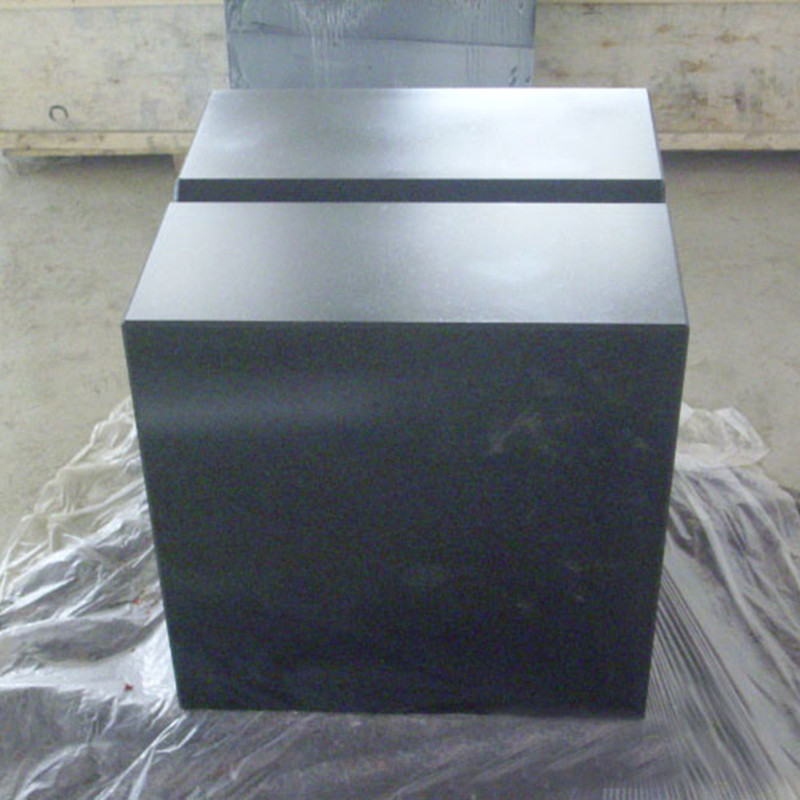Nov . 21, 2024 14:38 Back to list
what is water valve
Understanding Water Valves Essential Components in Fluid Control
Water valves play a crucial role in managing the flow and pressure of water in various applications, ranging from residential plumbing systems to industrial processes. At their core, water valves are devices designed to regulate, control, or direct the flow of liquids. They can either be manually operated or automated, and they come in a variety of types and sizes to suit different needs. In this article, we will explore the different types of water valves, their functionalities, and their significance in various applications.
Types of Water Valves
1. Gate Valves These are primarily used for on-off control of fluid flow. They consist of a gate that slides up and down to either allow or block the flow. Gate valves are known for minimal pressure drop and are typically used in larger pipelines.
2. Globe Valves Designed for regulating flow, globe valves have a spherical body and offer better control compared to gate valves. They are commonly used in applications requiring precise flow management.
3. Ball Valves These valves employ a spherical disc to control flow. When the valve is turned, the ball rotates to either allow or obstruct water flow. Ball valves are praised for their reliability and swift operation, making them a popular choice for residential and industrial applications.
4. Butterfly Valves These valves consist of a rotating disc that regulates flow. They are lightweight and compact, making them suitable for large volume water systems. Butterfly valves offer a quick way to shut off flow, making them ideal for systems that require rapid response.
5. Check Valves These are one-way valves that prevent backflow in a system, ensuring that water does not flow in the reverse direction. Check valves are critical in maintaining the integrity of water systems and preventing damage from backpressure.
what is water valve

6. Pressure Relief Valves Designed to release excess pressure in a system, these valves protect pipelines and equipment from potential damage due to overpressure. They are commonly used in water treatment facilities and industrial settings.
Importance of Water Valves
Water valves are essential components in any system that involves fluid transport. They help maintain the necessary pressure and flow conditions, which is crucial for efficient operation. For instance, in residential plumbing, valves control the flow of water to appliances and fixtures, guaranteeing that homeowners have access to water when needed.
In industrial applications, water valves are vital for controlling the operation of machinery and equipment. They help regulate water supply in cooling systems, boilers, and processing plants, ensuring that operations run smoothly without interruptions caused by water supply issues.
Moreover, water valves play a significant role in environmental conservation. They can help prevent water wastage by controlling leaks and managing flow rates in irrigation systems. This capability is crucial in efforts to promote sustainable water use in agriculture and urban settings.
Conclusion
In summary, water valves are indispensable devices in the management of water flow and pressure across various applications. Understanding the different types of water valves and their functionalities allows professionals to make informed decisions when selecting the right valve for their specific needs. Whether in plumbing, irrigation, or industrial processes, efficient valve operation can lead to improved water management and conservation, ultimately contributing to better sustainability practices. By recognizing the importance of these components, we can enhance our approach to fluid control and ensure that water systems function effectively and efficiently.
-
Y Type Strainer Maintains System Efficiency Long TermNewsJul.15,2025
-
Valve Selection Guide for Industrial ApplicationsNewsJul.15,2025
-
Steel Fab Table Provides Durable Work Surface for WeldingNewsJul.15,2025
-
Pad Iron Provides Stable Support for Heavy MachineryNewsJul.15,2025
-
One Inch Check Valve Fits Standard Plumbing SystemsNewsJul.15,2025
-
Measuring Micrometer Ensures Precise Dimensional AccuracyNewsJul.15,2025
Related PRODUCTS









